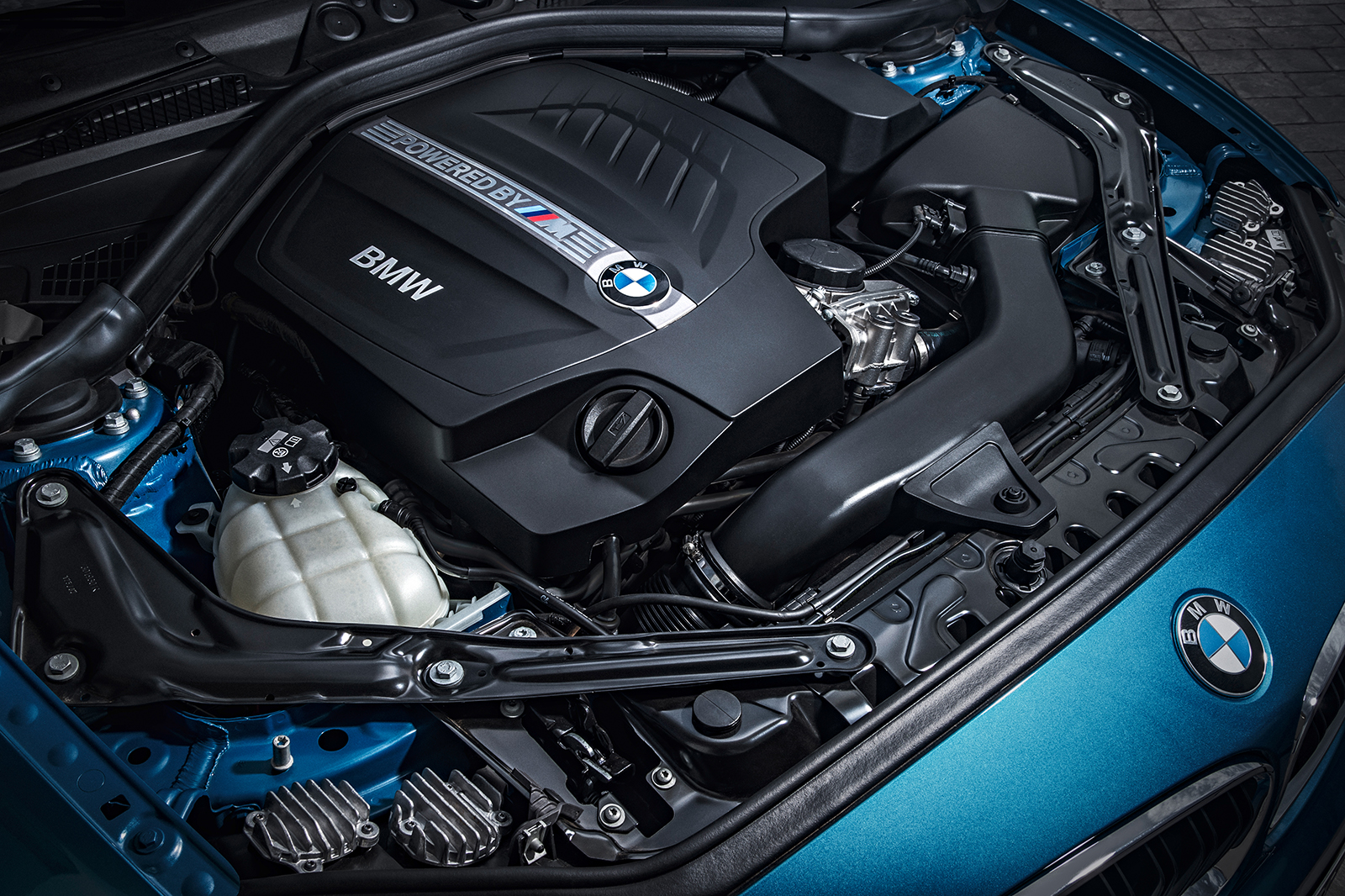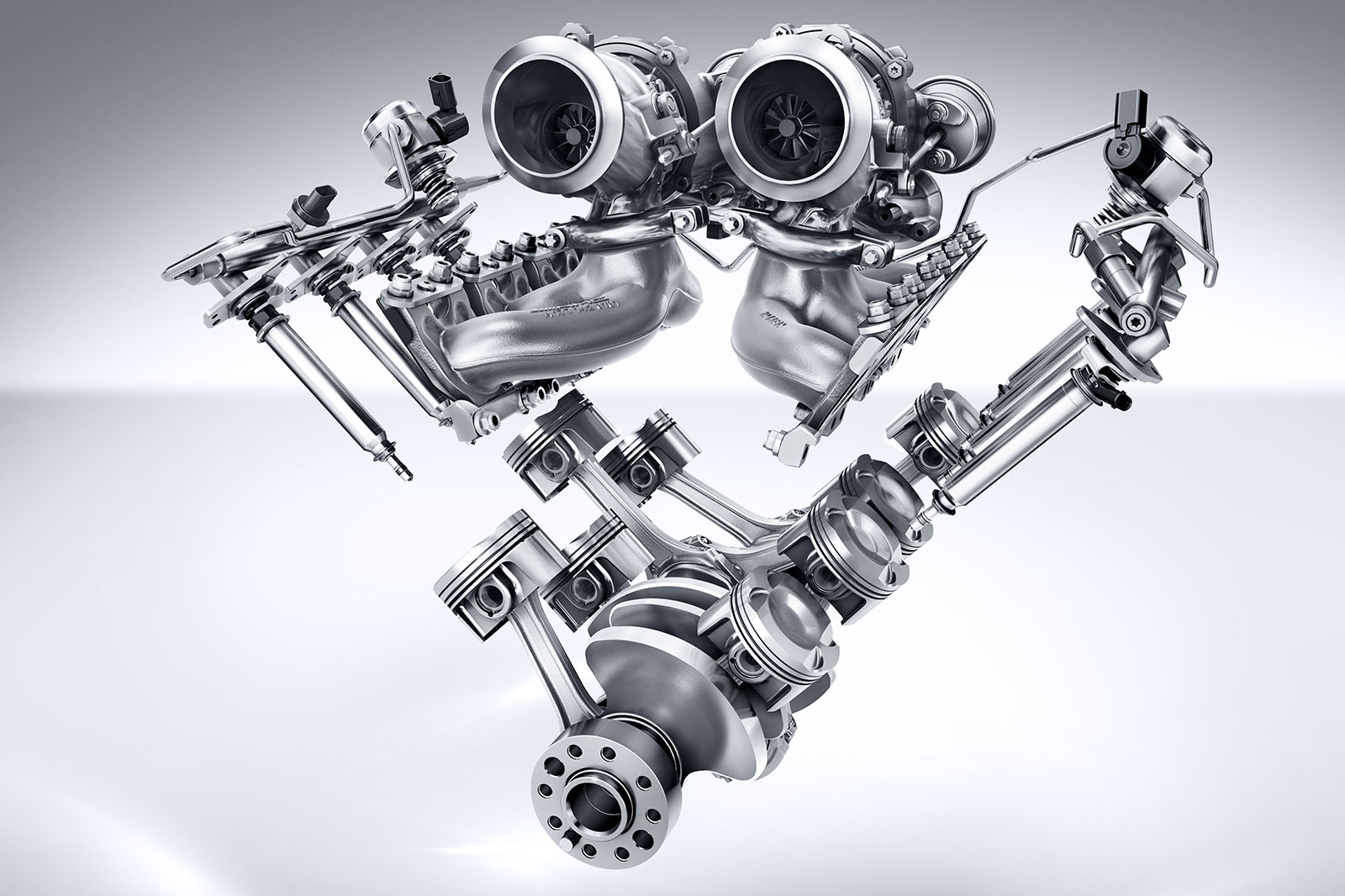[ad_1]

Audi’s spokesman agreed, albeit more cautiously. “Contemporary turbocharged Audi engines don’t require the special precautions or operating procedures that were necessary for older units,” he said. “But we do of course recommend that owners observe the general guidelines for minimisation of wear and tear, and also of emissions, which are essentially applicable to all engines.”
Such guidelines generally be summed up as “look after your car properly”. Although technology has come a long way, cars are still complicated bits of machinery with complex mechanical components, and they need regular maintenance and TLC. The details of this will be listed in the car’s manual, but the basics involve sticking to the recommended service intervals and checking and replacing fluids as necessary.
But when it comes to turbos specifically, there’s not much to worry about, as Citroen’s parts and service UK technical operations manager, Ian Sedgwick, explains.
“There has been a lot of advances in engine management technology and turbochargers over the years. THP performance engines are fitted with separate cooling systems to help heat soak, so there’s no need to leave engines idling to dissipate heat – the system automatically operates when the vehicle is switched off. Electronically controlled turbos help control loading on the engine and turbo, so can better manage driving style and power demands.”
Ricardo Martinez-Botas is professor of turbomachinery at Imperial College London’s Mechanical Engineering department, and a world authority on turbo technology. He says that while current technology means modern car drivers can just get in and drive, that changes if the car is modified from standard.

“Engine management systems and current engine designs would take care of everything,” he says. “But if you modify a system it would be immediately altering the design intent and you’re liable to go outside the intended use of the device. If you modify, you really do have to be extremely cautious.
“You have an engine map that has been developed for the engine. If you change the type of oil, or add additives in the system, or change the ECU, then no one will assure you of the reliability of the machine, because the developer has not tested that machine with those changes.”
If you are modifying your turbocharged car, it’s imperative to have the software and often the hardware upgraded accordingly by an expert.
“If you do it without significant inside knowledge of the consequence, changes to the boosting system can be extremely damaging to your machine,” the professor says. “Your engine cylinders will be exposed to much higher pressures than they were before, and you blow the piston rings – for a start. If you make a change and have professional knowledge and check that your mapping is OK, then of course it will be fine. But that is a process that is difficult.
“The UK is world-leading with an incredible amount of expertise, and there are people out there that can do these things very well. But if you go to the wrong person they may well do the wrong type of change and two years on you’ll find you have a damaged engine.”
Professor Martinez-Botas says that for older cars, which don’t benefit from modern electronic safety nets, the above advice is largely valid.
[ad_2]
